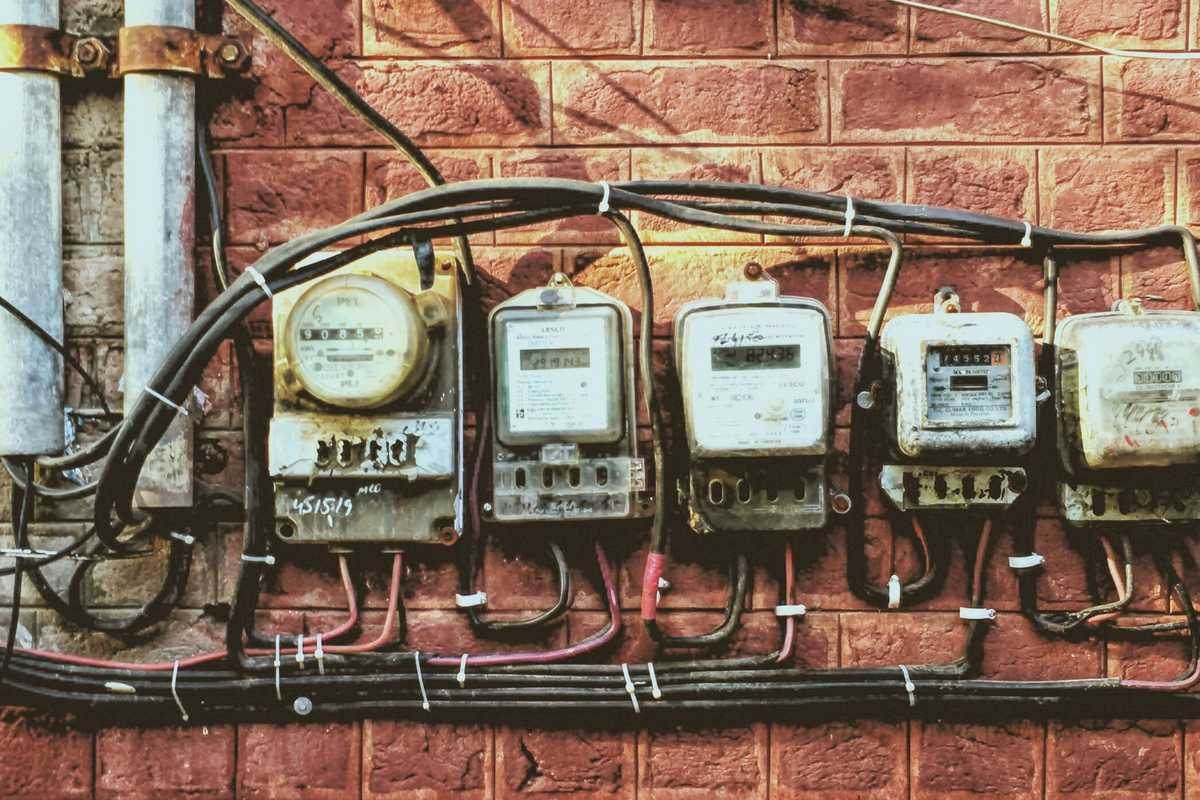Pakistan’s power regulator criticizes high supplementary charges on electricity consumers
Taxes, surcharges and cross-subsidies complicate efforts to reduce prices

Javed Mirza
Correspondent
Javed Iqbal Mirza is an experienced journalist with over a decade of expertise in business reporting, news analysis, and investigative journalism. His work spans breaking news, editorial pieces, and in-depth interviews.

Pakistan’s power sector regulator has highlighted that, in addition to high costs and inefficiencies in the system, electricity consumers are burdened by high supplementary charges, which exacerbate electricity costs and complicate efforts to stabilize and reduce prices.
According to the National Electric Power Regulatory Authority (NEPRA) in its State of Industry 2024 Report, these supplementary charges include taxes, surcharges, and cross-subsidies.
The electricity bills issued by distribution companies to consumers include a range of supplementary charges that significantly inflate the total amount payable.
These charges are not part of the basic electricity cost; instead, they include various fees, surcharges, duties, and taxes imposed by the government, which ultimately increase the overall expenses for consumers.
NEPRA recommends that efforts must focus on reducing supplementary charges to lower the total amount on electricity bills, as the growth in electricity sales is directly tied to its cost.
High electricity bills are pushing consumers toward off-grid solutions, leading to the underutilization of grid generation capacity.
This underutilization not only exacerbates the issue of rising electricity costs but also undermines the overall efficiency of the power sector.
By addressing supplementary charges, authorities can encourage grid usage and foster a more sustainable energy landscape.
The generation cost, which comprises around 83% of the overall consumer-end tariff, remains the largest cost component.
The remaining portion—less than 18%—covers other essential components such as transmission charges, distribution margins, market operator fees, and prior year adjustments.
Optimal utilization of available excess generation capacity is key to reducing electricity tariffs.
However, despite an installed capacity of 45,888 MW, multifarious issues, including operational constraints in the transmission sector and governance issues in the distribution sector, have hindered the best possible utilization of generation capacity.
The underutilization of power plants results in capacity payments for unutilized capacity, contributing to higher per-unit electricity costs for consumers.
According to NEPRA, poor quality of services, high tariffs, and reduced affordability for consumers have stimulated a rapid shift towards distributed generation, especially rooftop solar.
The negative impact of high electricity costs on the economy and the daily lives of people calls for urgent reforms in the power sector to ensure reliable power supply at affordable rates to support economic growth in the country.
Additionally, addressing high generation costs involves retiring outdated and inefficient generation capacity. This includes phasing out low-efficiency power plants operated by GENCOs and KE, which contribute to elevated costs and inefficiencies in the sector.
The regulator suggested that the Economic Merit Order (EMO) is essential for minimizing electricity generation costs and ensuring consumer affordability.
Traditionally, the EMO ranks power plants based on the Fuel Costs Component (FCC) and variable Operations and Maintenance (O&M) costs. However, for a more comprehensive and accurate evaluation, additional factors such as PLAC, degradation factor, start-up charges, and plant location should also be considered.
The PLAC, Degradation Charges, and Start-up Charges for FY 2023-24 were PKR 55.671 billion, PKR 5.745 billion, and PKR 0.637 billion, respectively.
The evaluation process will be significantly improved by incorporating these parameters into the EMO criteria for more precise plant rankings. Necessary adjustments in the applicable documents, wherever necessary, including the Grid Code, may be considered and proposed by the System Operator in this regard.
Furthermore, the EMO is currently determined on a fortnightly basis; ideally, it should be determined on a shorter period, such as a day ahead.







Comments
See what people are discussing